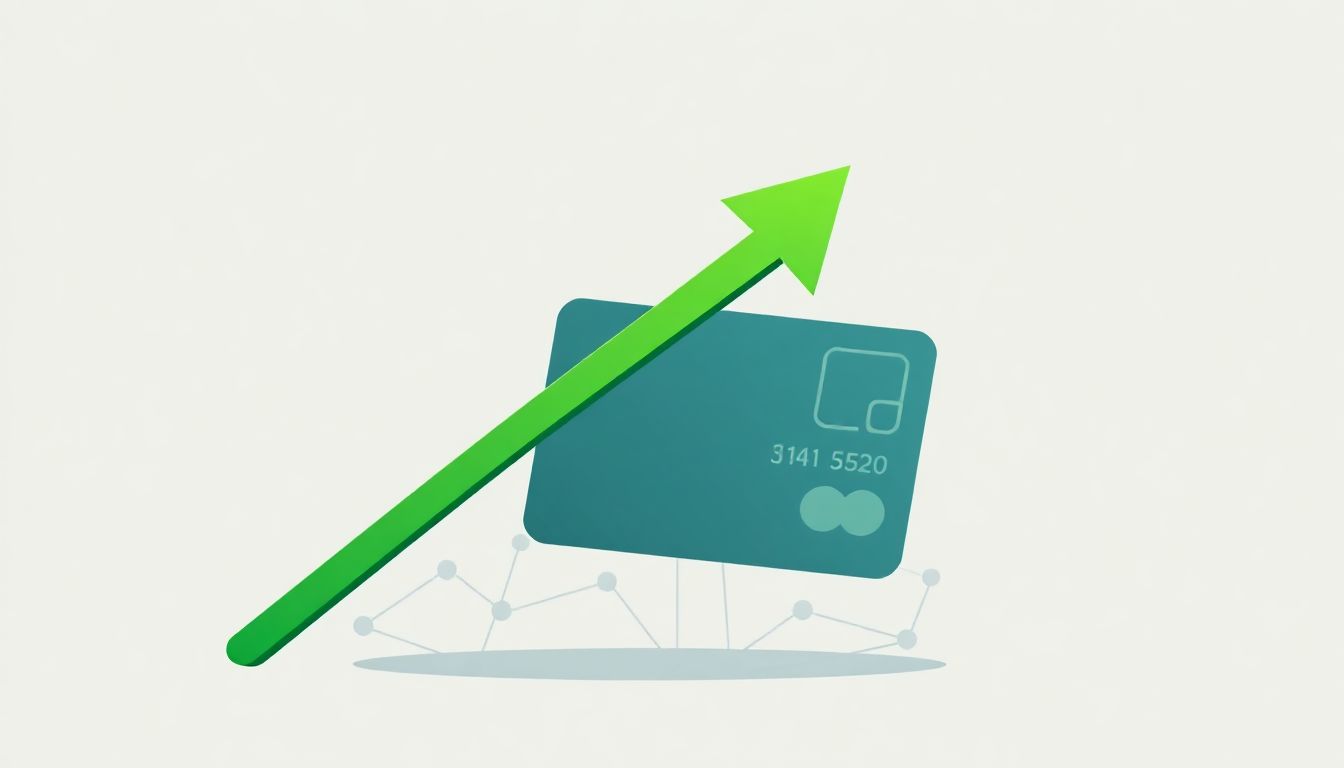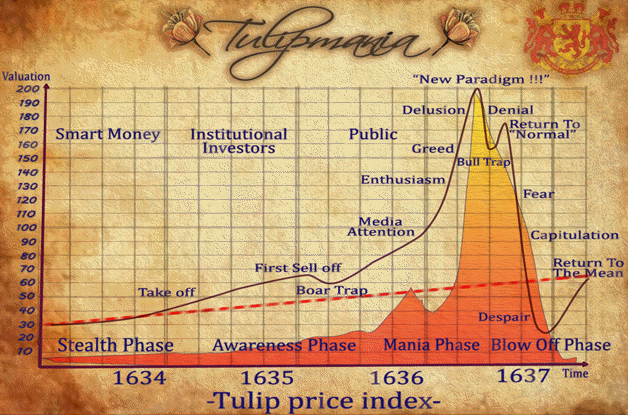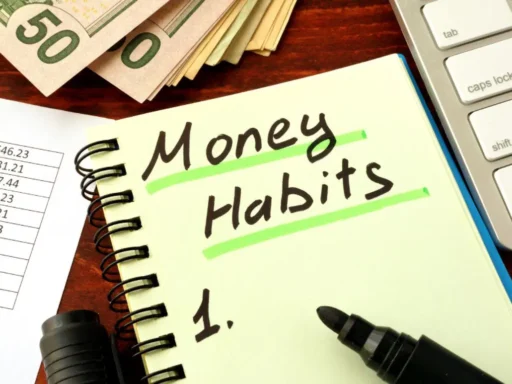
Many individuals struggle with low credit scores. This impacts their ability to secure loans, rent apartments, or even get a job. A strong credit score is your ticket to better financial opportunities and lower interest rates. It shows you handle money well.
It’s a common belief that credit cards are the only way to build a credit history. This simply is not true for everyone. Many people want to improve their credit without taking on new revolving debt. This article shares actionable strategies to boost your credit score without relying on a credit card.
Building credit takes time, but certain strategies can speed things up. You can make real progress with smart choices and consistent effort. Get ready to take practical steps that can make an immediate difference.
Section 1: Understanding Your Credit Report: The Foundation of Improvement
What is a Credit Report and Why It Matters
Your credit report is a detailed history of how you manage money. It lists your debts, payment history, and other financial accounts. Three main companies compile these reports: Equifax, Experian, and TransUnion. These are called credit bureaus.
They gather information from lenders and creditors. This data then helps lenders decide if you are a risky borrower. Your credit score is a number based on this report. It gives lenders a peak at your past money habits.
Accessing and Reviewing Your Credit Reports for Free
You have a right to get your credit reports for free. The law lets you get one free report from each major bureau every year. This is a very important first step. You need to know what’s on your report.
The official place to get these reports is AnnualCreditReport.com. It is the only website authorized by federal law. Using this site ensures you get real reports.
Identifying Errors and Disputing Inaccuracies
Errors on your credit report can badly hurt your score. They might make you seem like a risky borrower. Always check your reports carefully for mistakes. Finding problems quick can save you money and stress.
Common errors include wrong personal details or accounts that aren’t yours. Sometimes, late payments are listed when you paid on time. If you find an error, you must dispute it with the credit bureau. You should also contact the creditor directly if you can. Gather all your proof before sending a dispute letter.
Section 2: Leveraging Alternative Data for Credit Building
Rent and Utility Payment Reporting: Your Hidden Credit Assets
Did you know your on-time rent and utility payments can help your credit? Some services report these payments to credit bureaus. This acts as a credit-building tool, showing your reliability. It’s a great way to improve your credit score fast without a credit card.
Services like Experian Boost or RentReporters can take your everyday payments and add them to your credit file. LevelCredit is another option. These platforms verify your payment history. They then pass that good history along. Keep in mind, not all lenders use this alternative data fully when making lending decisions.
How to Ensure Your Payments Are Reported
Getting your payments reported might take a small effort. First, ask your landlord if they report rent payments directly. Some large property managers do. Utility companies rarely report unless an account goes to collections.
If direct reporting isn’t an option, consider a third-party service. You sign up, and they verify your payments. Then, they send this information to the credit bureaus. Always check their fees and what bureaus they report to.
Benefits of Reporting Alternative Payments
Reporting alternative payments is very helpful. It’s especially useful for people with thin credit files. A thin file means you have little or no credit history. This method shows you are a responsible person.
It proves you can pay your bills on time without using traditional credit products. This demonstrates good financial behavior. It can give your credit score a welcome boost.
Section 3: Credit-Building Loans and Secured Products (No Credit Cards)
Understanding Credit-Builder Loans
Credit-builder loans are designed to help you build credit. You borrow a small amount of money. The lender puts that money into a savings account. You make monthly payments on the loan. The lender reports these payments to the credit bureaus.
Once you pay off the loan, you get the money from the savings account. This is a safe way to show payment history. Your consistent, on-time payments are recorded. This helps build a positive credit profile.
Exploring Secured Loans and Secured Personal Lines of Credit
Secured loans are another option. These loans require collateral. Collateral might be money in a savings account or a certificate of deposit (CD). Because your loan is backed by your own money, lenders see less risk. This makes them easier to get.
You borrow against your own collateral. Then you make regular payments. These payments are reported to the credit bureaus. A secured personal line of credit works in a similar way. It lets you borrow up to a certain limit, using your collateral. Repaying what you use helps your score.
Comparing Credit-Builder Loans vs. Secured Loans
Both credit-builder and secured loans help your score without credit cards. Credit-builder loans give you the money back after you pay. Secured loans give you access to the money upfront, using your own savings as backing.
Credit-builder loans are good for those who want to save while building credit. Secured loans are better if you have a lump sum of money you can use as collateral. Both can quickly impact your credit score. They show lenders you can manage debt responsibly.
Section 4: Strategic Financial Habits for Credit Score Improvement
Paying Bills On Time, Every Time
Your payment history matters a lot for your credit score. It typically makes up 35% of your FICO score. Paying bills late hurts your score quickly. Making all payments on time is the single most important habit.
Set up auto-pay for your bills. Use calendar reminders for due dates. Pay bills as soon as they arrive. Do whatever it takes to avoid missing a payment. Every on-time payment helps your credit grow.
Managing Existing Debts (Without New Credit)
You can improve your credit by managing current debts wisely. This includes installment loans like car loans or student loans. Even medical bills can impact your credit if not handled. Focus on paying down these balances. This shows you are getting debt under control.
Consider strategies like the debt snowball or debt avalanche. The snowball method pays smallest debts first. The avalanche method pays highest interest debts first. Both help you reduce what you owe without needing new credit lines. This also lowers your overall debt burden.
The Impact of Credit Utilization (Even Without Credit Cards)
Credit utilization mainly applies to revolving credit, like credit cards. However, managing other debts wisely still looks good. For installment loans, aim to keep your balance low compared to the original loan amount. This shows you are steadily paying down your debt.
Keeping balances low on any type of loan shows financial discipline. It suggests you are not overextending yourself. This responsible behavior reflects positively on your overall credit health.
Section 5: Building a Positive Credit History Through Other Means
Authorized User Status: A Potential Boost
Being added as an authorized user on someone else’s credit card can boost your score. The primary cardholder must have good credit and low card balances. Their positive payment history then shows up on your report. This can add years of good history to your file quickly.
Choose the primary cardholder very carefully. They must be trustworthy and financially responsible. Remember, their spending habits and payment behavior will affect you. If they make late payments, your score could drop too.
Peer-to-Peer Lending and Microloans
Some peer-to-peer lending platforms let individuals borrow money from other individuals. These platforms might report your payment history to credit bureaus. This is another way to build credit without a traditional bank or credit card.
Always check if the platform reports to the major credit bureaus. Not all of them do. If they don’t, your payments won’t help your credit score. Make sure they clearly state their reporting practices before you apply for a loan.
Financial Literacy and Responsible Spending Habits
Understanding money and making smart choices is key for long-term credit building. Learn about budgeting and saving. Create a spending plan that works for you. Avoid taking on debt you cannot afford.
These habits are the bedrock of good credit. They lead to financial stability. A strong financial foundation naturally supports a high credit score.
Conclusion
Improving your credit score fast without a credit card is definitely possible. It takes diligent effort and smart choices. You have many tools at your disposal. Start by checking your credit reports for any errors and fixing them. This is a quick win.
Next, consider leveraging alternative data like rent and utility payments. Explore credit-builder loans or secured loans to establish a strong payment history. Most importantly, always pay all your bills on time. Managing existing debts well also helps a lot. You have control over your financial future. Stick to these strategies. Consistency and patience will lead to great credit score growth.


